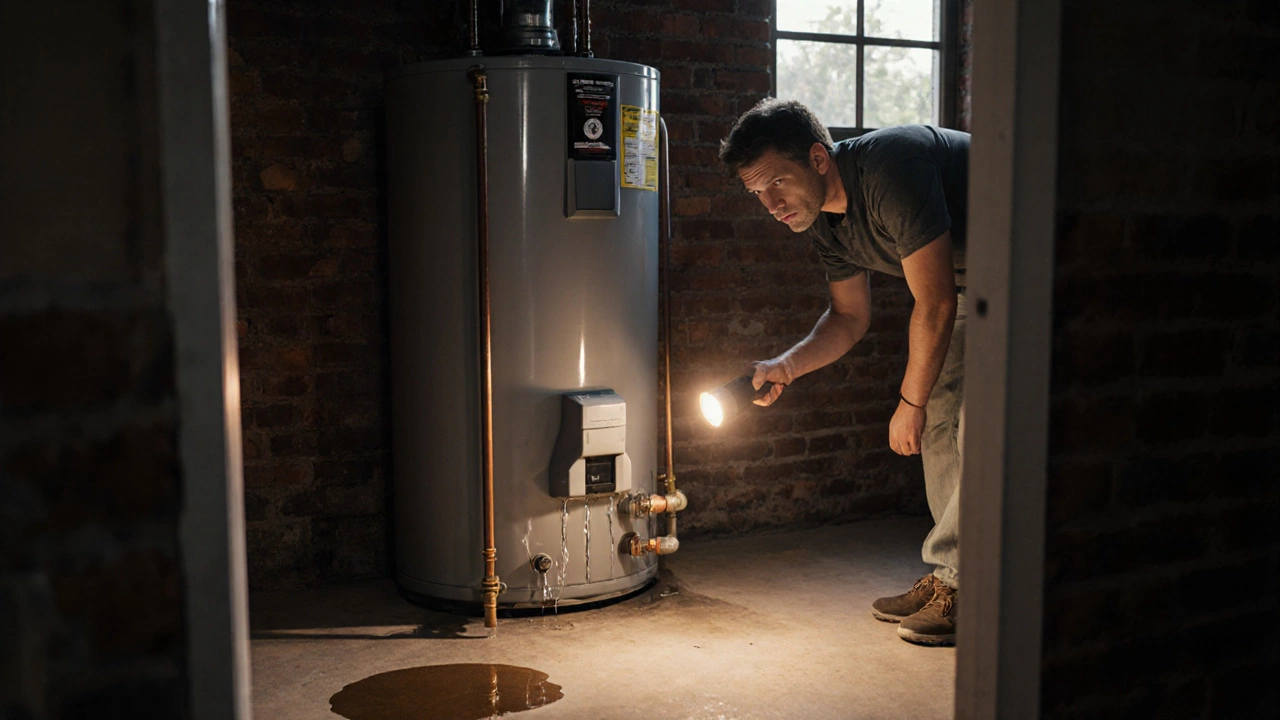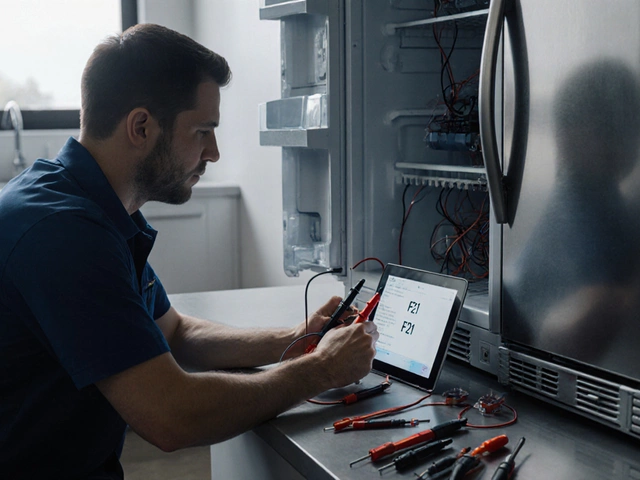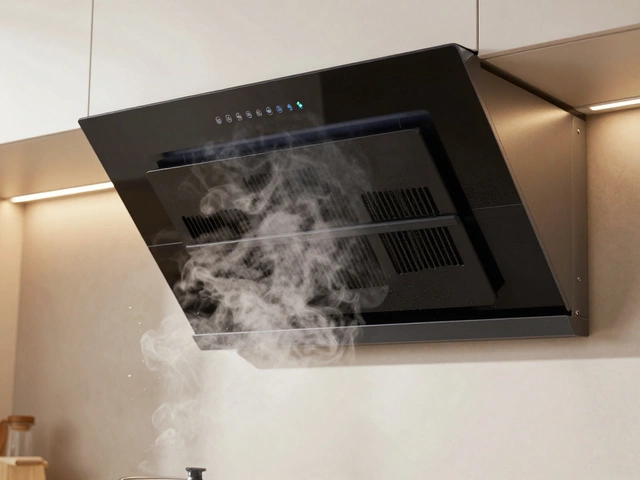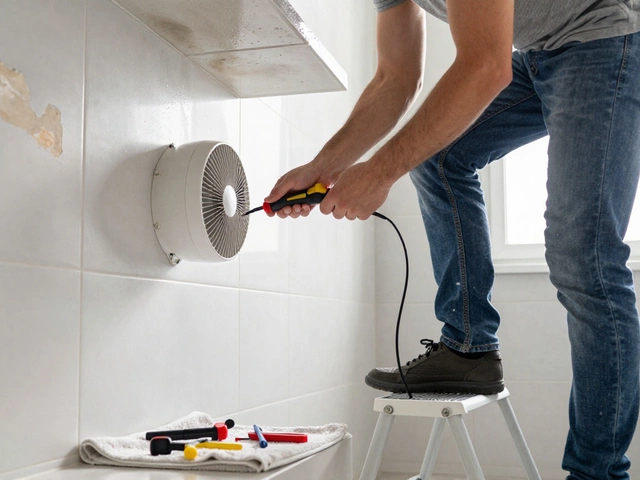What Is the Role of an Appliance Specialist?
November 24 2025Hot Water Heater Lifespan: What to Expect and How to Extend It
When you think about Hot Water Heater Lifespan, the length of time a hot water system works efficiently before needing major repair or replacement. Also called heater lifespan, it varies with usage, maintenance, and water quality. Knowing the typical range helps you plan budgets and avoid surprise breakdowns.
Most residential tank‑type heaters last between 8 and 12 years, while high‑quality models can push 15 years. Boiler Lifespan, the period a central heating boiler remains serviceable offers a useful comparison; boilers often survive 15‑20 years if they’re tended to regularly. The overlap means the two systems can age together, and a failing boiler can put extra strain on the water heater.
Three core factors drive how long your heater stays healthy: water quality, usage patterns, and system size. Hard water leaves mineral deposits that cling to the tank’s interior, reducing heat transfer. Heavy daily showers, multiple baths, or a large family will force the heater to cycle more often, wearing out components faster. Finally, an undersized tank constantly runs low, while an oversized unit sits idle, both scenarios shortening useful life.
Regular Water Heater Maintenance, service tasks such as flushing, pressure checks, and thermostat calibration is the single most effective way to boost lifespan. A yearly flush removes sediment, keeping heat exchange efficient and preventing corrosion. Checking the pressure‑relief valve ensures safety, and verifying the thermostat avoids overheating, which can shorten life.
Key Maintenance Actions That Save Years
Flushing the tank is simple but powerful. Turn off the power or gas, attach a garden hose to the drain valve, and let water run until it’s clear. This Tank Flushing, the process of clearing sediment from a water heater reduces energy loss, meaning the heater reaches set temperature faster and uses less electricity or gas. If you have hard water, consider adding a water‑softening system; it cuts mineral buildup dramatically.
Another hidden culprit is the anode rod, a sacrificial metal piece that attracts corrosion. Replacing it every two to three years (or checking it annually) protects the tank’s interior. When the rod is exhausted, the tank itself corrodes, leading to leaks and premature failure.
Even with diligent care, every heater shows warning signs. Reduced hot‑water output, strange noises (like rumbling), or rusty water are red flags that the unit is nearing the end of its useful life. At this point, Water Heater Replacement, installing a new heating system when the old one can no longer perform reliably becomes the smarter choice.
Replacement isn’t just about dropping a new tank in place. The job involves draining the old unit, disconnecting gas or electric lines, and ensuring the new heater meets local safety codes. Professional installers can test for proper venting, set the correct temperature, and verify that the pressure‑relief valve functions. A well‑done install can add another decade of reliable hot water.
Cost wise, the price gap between a repair and a full replacement can be narrow, especially after 10 years of service. While a single component like a thermostat or heating element may cost $100‑$200 to fix, a new tank (including labor) often ranges from $800 to $2,000 depending on size and efficiency rating. Weighing the repair cost against the expected remaining lifespan helps you decide whether a short‑term fix or a fresh start offers better value.
Efficiency plays a subtle role, too. Modern Energy Star‑rated heaters convert up to 95% of fuel into hot water, while older models may hover around 70%. Upgrading improves your utility bill and reduces the wear caused by over‑working older units. In other words, a more efficient heater not only saves money but also tends to last longer because it runs cooler and under less stress.
Finally, don’t forget safety. A faulty pressure‑relief valve or a cracked tank can lead to leaks, water damage, or even dangerous gas leaks. If you ever spot water pooling around the base or hear a hissing sound, shut off the power or gas, call a certified gas engineer, and arrange a inspection. Keeping safety at the forefront ensures your hot‑water system serves you without hidden hazards.
Below you’ll find a curated collection of articles that dig deeper into each of these topics—maintenance checklists, step‑by‑step flushing guides, replacement cost breakdowns, and more. Whether you’re trying to squeeze a few extra years out of your current heater or planning a new install, the resources here give you practical, no‑fluff advice you can act on right away.
 23 Oct
23 Oct
Should You Repair Your Hot Water Heater? Cost vs Replacement Guide
Decide whether to fix or replace your hot water heater with a clear cost guide, common issues, DIY tips, and a handy decision checklist.
Read More...



